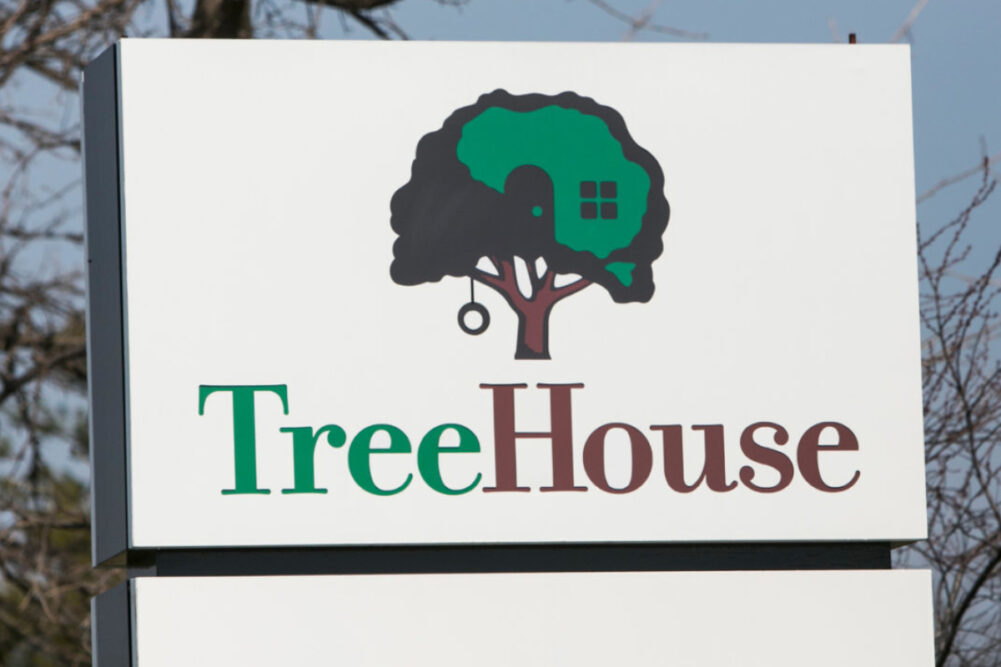OAK BROOK, ILL. – TreeHouse Foods, Inc. is a private label manufacturer behaving like a consumer packaged goods company. Management sees opportunity by embracing the same consumer analytics many of the industry’s largest branded manufacturers are using to identify growth opportunities.
“Early in my time here, we talked a lot about mastering the fundamentals,” said Steven T. Oakland, president and chief executive officer, who joined TreeHouse Foods in 2018, and spoke Sept. 8 at the virtual Barclays Global Consumer Staples Conference. “We talked about cost, quality and service. And those have been important, but those have positioned us today for a bigger opportunity.
“Our growth engine categories really have a much more strategic opportunity than just cost quality services. Manufacturing will be important, no question, but we’re adding capabilities like category and consumer insights, analytic capabilities that will allow us to unlock price pack architecture with our customers, helping our retailers have a holistic view of the opportunity across the category.”
Mr. Oakland emphasized the initiatives being undertaken by TreeHouse Foods are not done in traditional private label, and his intent is to use the insights to strengthen TreeHouse’s relationships with strategic customers.
As an example, he showed how the company helped a retailer strengthen its position in the cracker category.
“So, we went through, and we identified through an assortment tool where were they successful?” he said. “Where weren’t they successful?”
A key insight was the retailer’s stock-keeping units (SKUs) in the child-friendly cracker category had room for improvement.
“We identified the SKUs that were performing well and those underperforming SKUs in their current mix, and we were able to help them replace those SKUs with private label SKUs that were higher velocity and significantly more profitable,” Mr. Oakland said.
In another example, he said TreeHouse Foods was able to grow its business with an online retailer that primarily was selling single-serve coffees manufactured by the company.
“So, we brought him category insights,” he said. “We brought a price pack architecture. And then we designed specific SKUs to meet that price pack architecture, and it led to 40 new items across 7 additional categories.”
The use of the analytics and insights are helping TreeHouse Foods navigate a challenging market where private label is losing share in some categories. The share losses have been attributed to supply chain issues and consumers trading up to branded products because of federal stimulus benefits.
“Longer term, we think the economy, and when we have cycles, the economy will react in private label’s favor,” Mr. Oakland said.
He presented data comparing US states that opted out of enhanced federal unemployment benefits versus states that continued offering them.
“And we see that in those states that have opted out or sort of a normalized unemployment benefits, we see a 300-basis point improvement in private label growth,” he said. “So, that gives us some faith that when this normalizes and when those things dissipate, the consumer will go back to traditional behaviors. And private label will be part of their basket.”





